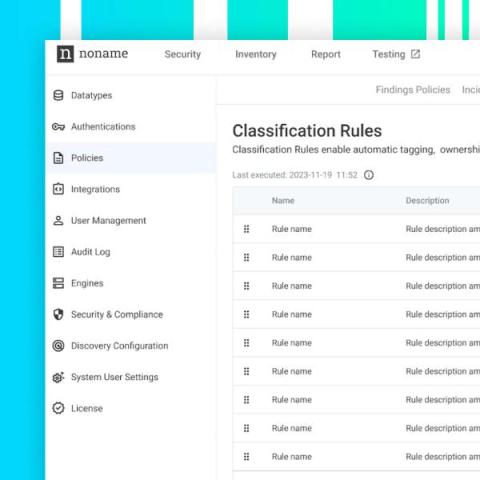Featured Post
Why a Zero Trust Approach is Essential to Mitigate the Threat of Unsecured APIs
With the move to hybrid working, the rapid adoption of cloud, increased use of mobile and IoT devices, combined with the ongoing drive to modernise and transform IT operations, the attack surface of every organisation has - and continues to - expand. Traditional boundaries have been blurred between businesses, suppliers, partners, customers, workers, and even home-life, with this ecosystem continuing to grow. Here, APIs are providing the connective tissue for modern applications and legacy infrastructure to co-exist. However, this means that the API attack surface is also rapidly expanding.






